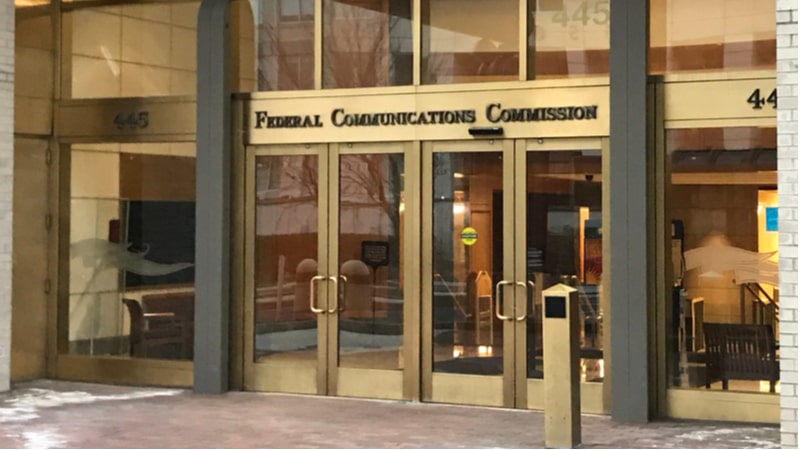
The Federal Communications Commission (FCC) said today that the total value of funding grants under its COVID-19 Telehealth Program rose to $157 million, after the agency approved $29.4 million of new grants.
Since its authorization under the CARES Act in late March, the FCC program has awarded funding for 444 applicants in 46 states and Washington, D.C. to provide telehealth services during the coronavirus pandemic.
At a Senate Commerce, Science, and Transportation Committee hearing today on FCC oversight, the agency’s telehealth program garnered good reviews from committee Chairman Roger Wicker, R-Miss., and Sen. Deb Fischer, R-Neb.
“We are getting some great results” from the program, and “I am really pleased about the progress we are making on that front,” FCC Commissioner Brendan Carr told senators at today’s hearing. He added that the FCC will begin to look at a “new wave” of telehealth applications that carry three-year terms.
“We have found that telehealth is essential” during the pandemic, said Sen. Marsha Blackburn, R-Tenn., who said such services were viewed more as a luxury before the pandemic.
Elsewhere during the hearing, senators spent time discussion the FCC’s grant in April of an application by Ligado to operate in spectrum adjacent to airwaves used to provide Global Positioning System (GPS) signals – a move that is opposed by the Defense Department (DoD), which has complained that Ligado operations may interfere with military operations.
Sen. Maria Cantwell, D-Wash., the committee’s ranking member, told FCC commissioners testifying at today’s hearing that the dispute about the Ligado application “hasn’t gone away, it’s just moved over to the Armed Services Committee.”
FCC Chairman Ajit Pai reiterated that the agency’s Ligado decision was unanimous, and that DoD could have objected in the proceeding months earlier than it did.
Commissioner Jessica Rosenworcel told senators she believes the FCC’s work on the Ligado application has been “solid,” but also said she would support a “stay” of the FCC’s order in the proceeding – if Chairman Pai asked for one – to provide more time to “iron things out.”
Senators also discussed the looming June 30 end-date of a pledge taken by more than 780 communications service providers to not terminate service to any residential and small business customers because of their inability to pay due to disruptions caused by the coronavirus pandemic. Under the Keep Americans Connected Pledges, signatories also agreed to waive late fees to residential and small business customers, and to open Wi-Fi hotspots to Americans who need them.
Chairman Pai said he has asked service providers to arrange “extended payment plans” for residential and small business customers through July, but suggested that Congress take action to help smaller service providers – those with less than two million customers – deal with the financial fallout of customers who have been unable to pay for service.
“I defer to Congress on what that looks like,” Pai said referring to any legislation, but emphasized it was “important to address this as soon as possible.” Commissioner Rosenworcel agreed, saying, “I hope that this committee and Congress acts.”
